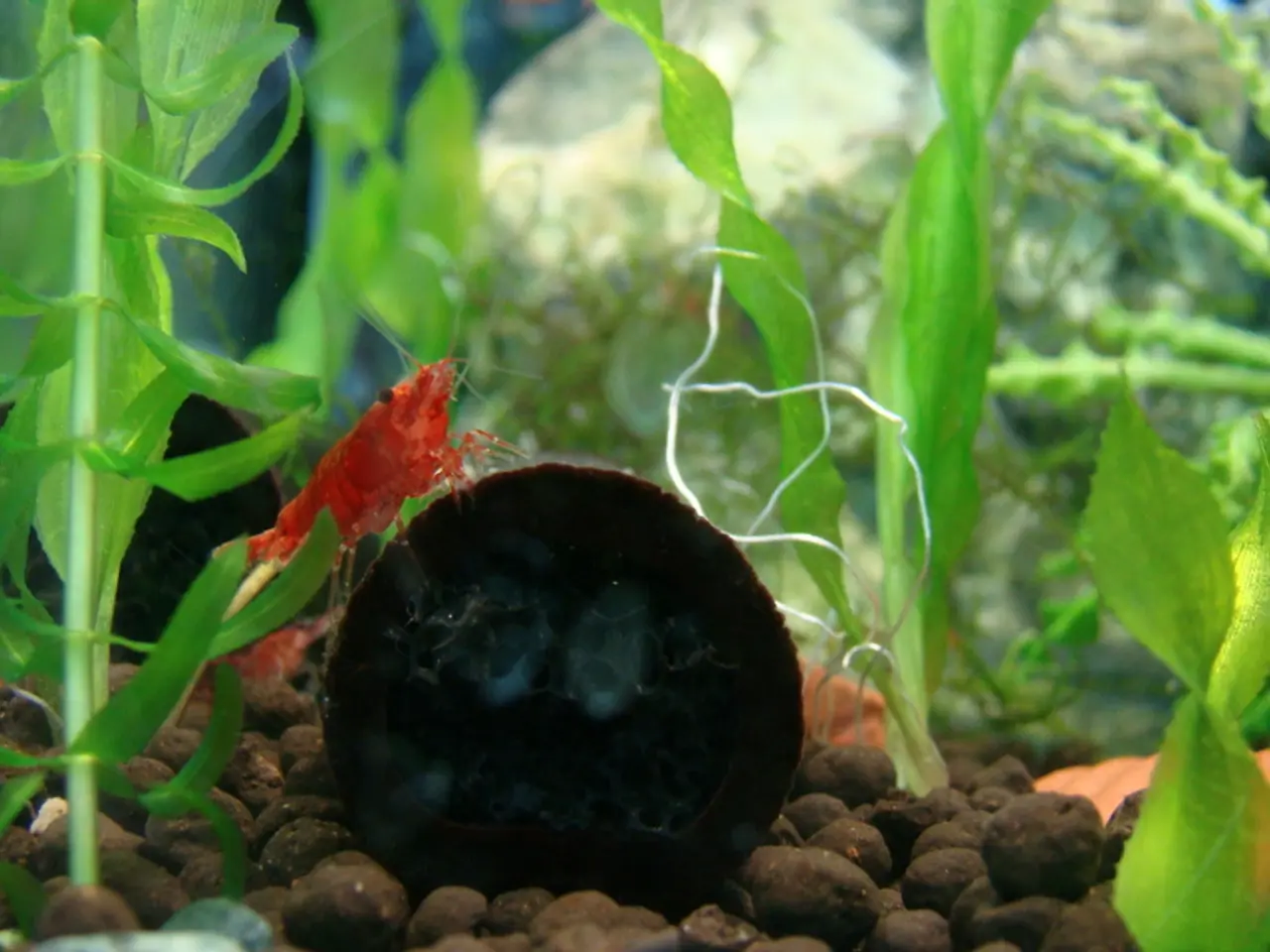Genetically Altered Life Forms: Implications and Consequences
In the contentious debate surrounding genetically modified organisms (GMOs) and GM foods, the focus is often on safety, environmental impact, and efficacy. However, several underlying values and social concerns are frequently overlooked in this perspective.
Nathanael Johnson, an author, aimed to approach the GMO debate with humility, understanding the science, and taking a neutral stance. His essays discuss various contested issues related to GMOs, such as their safety, potential risks, and environmental impact. Yet, he recognizes that more factors may be at play.
One such factor is the connection between values and the objection to GMOs. Some people may oppose GMOs because they are opposed to intervening in nature, while others may celebrate them for their human ingenuity and industry. Fully articulating these values would allow us to consider how they play out in this context and whether they are genuinely threatened.
The objection to GMOs is often rooted in values people hold about the human relationship to nature. Ethical and social justice issues, democratic governance and community autonomy, cultural and environmental stewardship, trust and transparency in institutions, and the moral responsibility of scientists and society are frequently not considered or are underrepresented in debates focused narrowly on science and risk assessment of GMOs.
Concerns about corporate control over seeds and agriculture can undermine small farmers’ rights, seed sovereignty, and local food systems. The conflict in Maui illustrates community struggles to control local agricultural decisions against powerful corporations and unaccountable government officials, highlighting values of local control and participation.
Arguments extend beyond direct health or ecological risk to include respect for nature, indigenous rights, and preservation of biodiversity that may be challenged by large-scale monocultures associated with GMOs. These reflect broader ethical notions about human relationships with the environment that are not captured by risk assessment alone.
Public skepticism is fueled not just by scientific uncertainty but by distrust in regulatory agencies, corporate transparency, and the political processes surrounding GMO approvals. This shapes values related to honesty, accountability, and societal responsibility.
Scientists recognize a need to weigh their discoveries' social consequences, not just their technical feasibility or safety. This includes reassessing broader social values around gene manipulation and human intervention in nature.
Another factor that might be influencing the GMO debate is differing views about the intrinsic value of leaving nature alone. The sheer fact that foods contain GMOs may be enough to justify labels for some, while others may argue that such labelling is unnecessary.
In conclusion, the values of social justice, democracy, cultural respect, trust, and moral responsibility are crucial to understanding the full scope of the controversy and public concerns over GMOs beyond measurable health or environmental outcomes. Elevating concerns about the human relationship to nature and attending to them honestly could change the debate about GMOs.
Grist, a nonprofit organization that provides environmental news and commentary, has been at the forefront of this discussion. Gregory E. Kaebnick, a research scholar at the organization's website and editor of the organization's website Report, has been a key voice in this discourse. Kaebnick is also the author of the book "Humans in Nature: The World as We Find it and the World as We Create It".
Johnson concludes that GMOs are neither as wonderful as some supporters claim nor as bad as some detractors say. Understanding the complex interplay of science, values, and societal concerns is essential for a balanced and informed discussion about GMOs. Submerging concerns about the human relationship to nature in the language of concerns about consequences does a disservice to those concerns.
- Apart from the scientific aspects and risk assessment, values such as respect for nature, indigenous rights, cultural preservation, and democracy are essential considerations in the debate surrounding genetically modified organisms (GMOs), illuminating various ethical notions that are not captured by risk analysis alone.
- In the discussion about the role of genetically modified organisms (GMOs) in health-and-wellness, environmental-science, and medical-conditions, it is important to recognize the underlying values and social concerns, such as the human relationship to nature, social justice, cultural respect, trust, and moral responsibility, to gain a complete understanding of public concerns beyond measurable health or environmental impacts.




